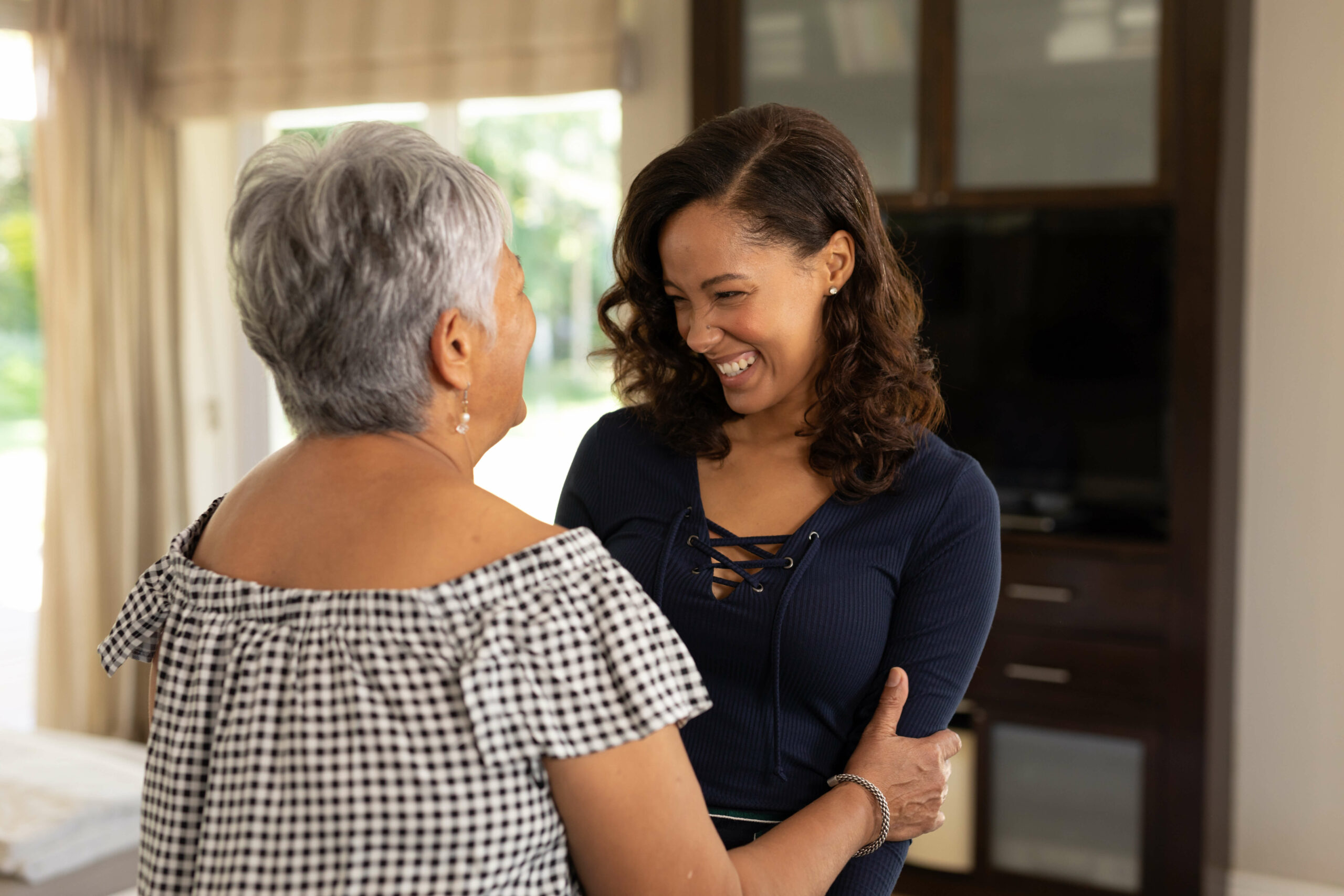EY Y03 L39 Body Language
This week’s Questions

- “Body language” in the broadest sense refers to visual signals we give each other, consciously or unconsciously, during conversation. Tell us about a type of body language that is commonly used in Japan. What gestures does it involve? What is it trying to communicate?
- Not all cultures “speak” the same body language. Tell us about a type of body language that is commonly used outside of Japan. What gestures does it involve? What is it trying to communicate? Does the same gesture or combination of gestures have a different meaning in Japan?
- How much notice do you take of other people’s body language? Have you ever misread another person’s body language? If so, tell us about it. If not, tell us about a way you think someone might misinterpret a gesture or other visual sign.
- How conscious are you of your own body language? Do you often find yourself nodding your head, maintaining eye contact, avoiding eye contact, folding your arms, touching your face, resting your chin in your hand, placing your hands on your hips, leaning forward during a conversation, leaning away during a conversation or something else? What do you think this says about your character?
- Do you think it is easier to read the body language of men or women? Why do you think so?
- Much of what we communicate to one another is done through non-verbal means, such as with gestures, facial expressions and intonation. Name one way that talking on the phone, via video chat, or through text is more difficult than communicating in person. Why?
This week’s Responses
Sorry. You must be logged in to view this form.
Teacher’s Compositions

by Jon Hay
Read Now
Question 1
I think the most common is Japanese people nodding their heads to show that they are listening and paying attention. I think it is used as a form of politeness and it is telling the person that is speaking that they have the listeners full attention.Question 2
I think a different gesture is when the palm of the hand it facing the sky and the fingers curl towards the body. It is to communicate to the listener that they need to go towards the person making the gesture. Japanese people have their palm facing towards the ground and move it towards themselves, like a cat.Question 3
I take quite a lot of notice, especially with my students. I have misread or thought of something different but nothing that was major.Question 4
I am very aware of my body language, especially with students, as they may not fully understand what I am saying, but with my body language they can understand pretty well.Question 5
I think men are a little easier for me because I am a man, although women's body language is not so different from men's.Question 6
I think we lose the chance to feel the air and the atmosphere of the surroundings and the person.Tough Vocabulary
| - English - | - Japanese - |
|---|---|
| nodding their heads | くびをたてにふる |
| facing the sky | そらざま |
| feel the air | 空気を読む |
- 0 -
comments

by Antonio Santosa
Read Now
Question 1
Tilting one's head to the left/right usually conveys confusion or uncertainty. I've encountered this signal many times and it generally means that the person doesn't know the answer to something.Question 2
The "OK" gesture is widely used around the world. It involves making a circle with your thumb and index finger. Someone once told me that this gesture is equivalent to the middle finger in Brazil! Be careful not to use this gesture in some parts of South America.Question 3
I tend to notice others' body language a lot. They say that 70-80% of communication happens non-verbally. Someone might misinterpret crossing arms as a gesture of nervousness or anger, however, sometimes it might just mean that someone's cold!Question 4
I'm very conscious of my body language. I constantly think about how others perceive me and I always read the air when communicating with different people.Question 5
I think reading men's body language is easier. Just from experience, women's body language tends to be harder to understand. One reason for this is evolution. Studies have found that the way men and women communicate is quite different. We need to understand each one to communicate more effectively.Question 6
You can't really see the other person's eye and maintain good eye contact. This is why online lessons are especially challenging for me!Tough Vocabulary
- 0 -
comments
